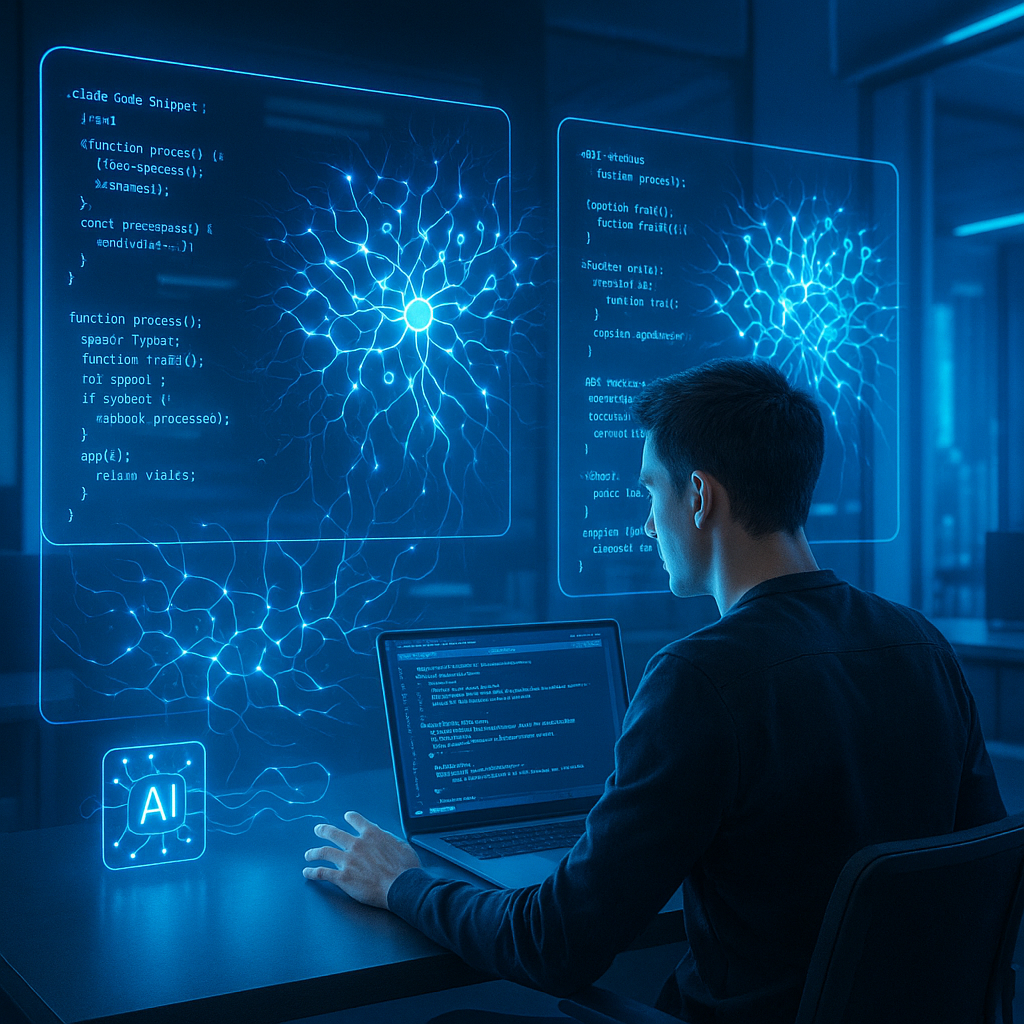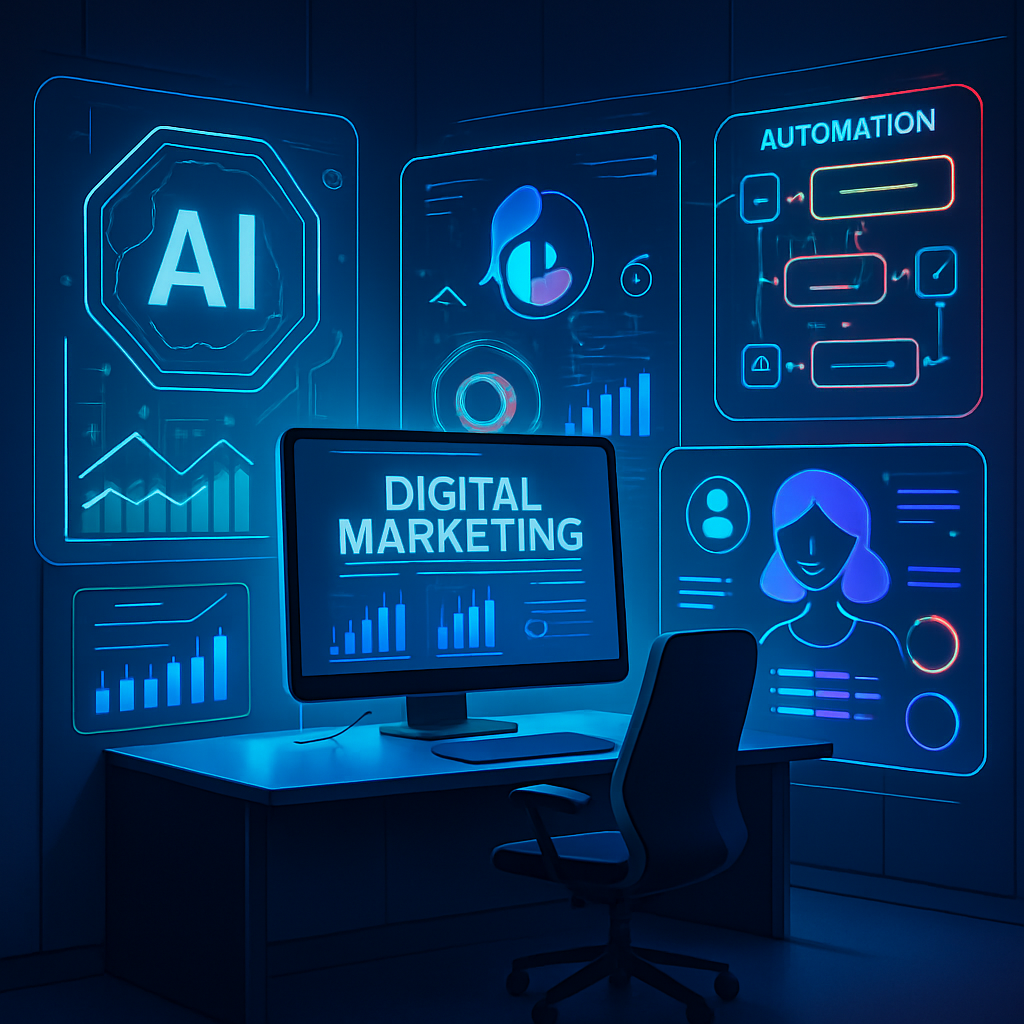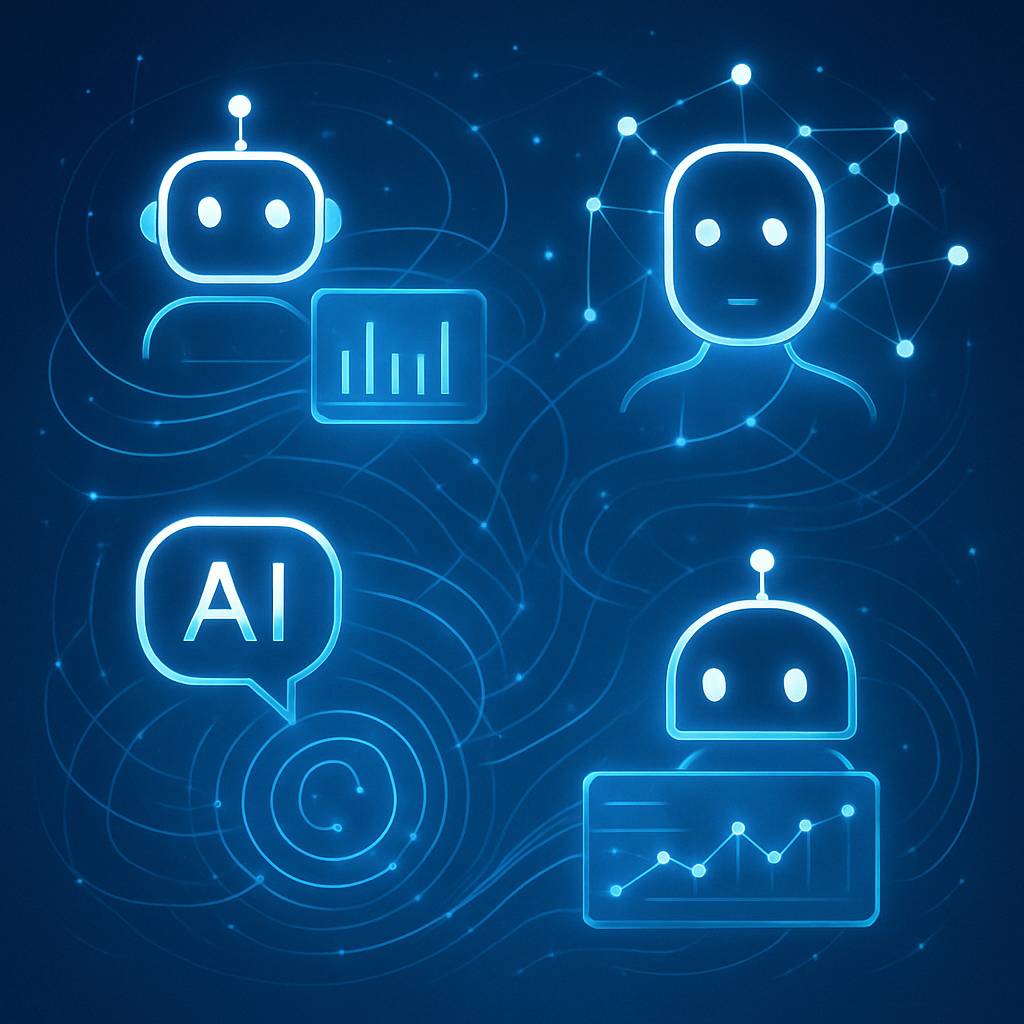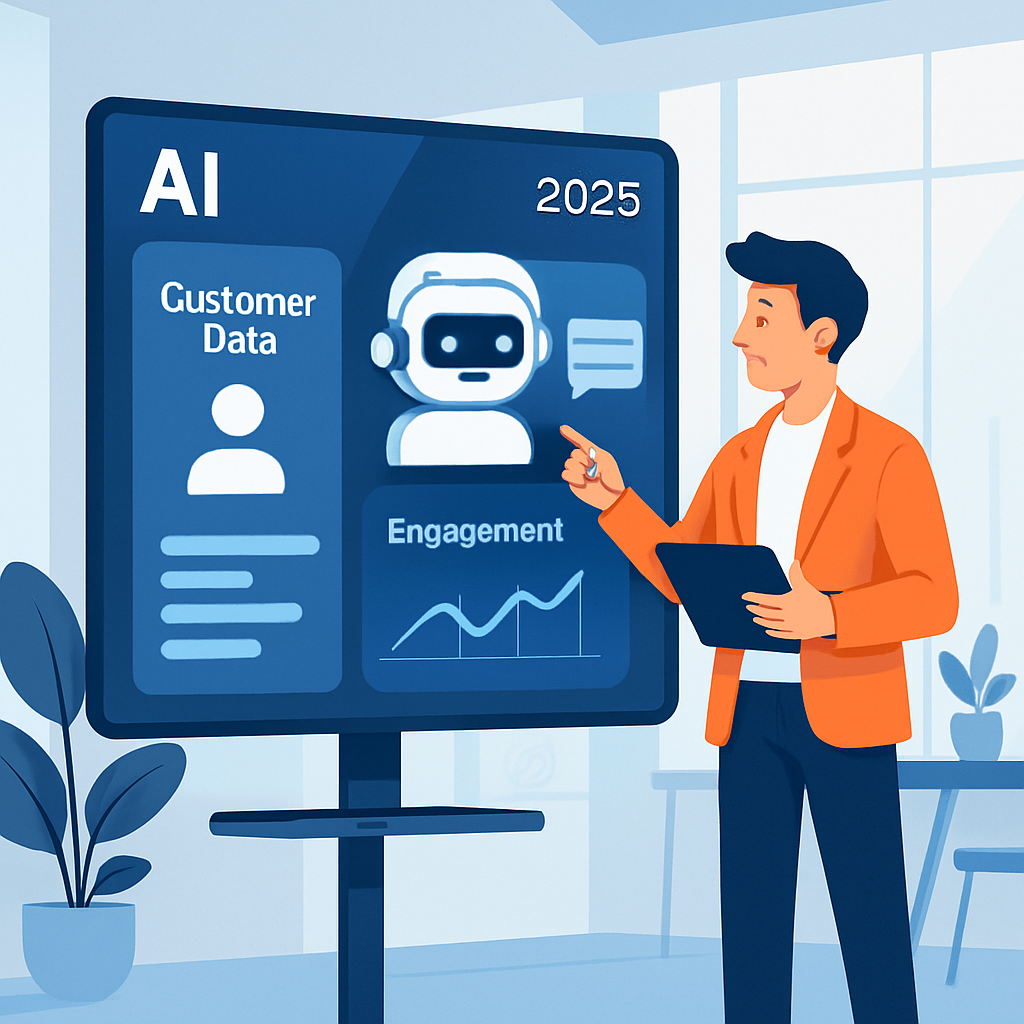
Harnessing AI in Web Coding: Revolutionizing Development Techniques
Introduction to AI’s Role in Web Coding
As we advance further into 2025, artificial intelligence (AI) has transcended buzzword status to become an intrinsic part of modern web coding practices. AI uses range from automating routine coding tasks to enabling complex problem-solving, significantly reshaping how developers approach building and maintaining websites and web applications.
At its core, AI-driven tools integrate machine learning algorithms, natural language processing, and intelligent automation to streamline coding workflows, reduce human error, and accelerate development cycles. This paradigm shift is not only enhancing productivity but also inspiring new development techniques that blend human creativity with machine intelligence.
AI-Driven Tools Revolutionizing Web Coding
1. Intelligent Code Completion and Generation
Modern integrated development environments (IDEs) are now infused with AI-powered code assistants that predict and generate code snippets with remarkable accuracy. These tools learn from massive codebases and understand developer intent to offer real-time suggestions, speeding up coding without compromising quality.
For example, AI models can suggest entire functions, correct syntax errors, or optimize code structure as developers type. This dramatically lowers the barrier for novice programmers and empowers experienced developers to focus on complex logic rather than boilerplate coding.
2. Automated Code Review and Quality Assurance
AI uses extend deeply into maintaining code quality. Advanced static analysis tools powered by artificial intelligence detect bugs, security vulnerabilities, and code smells more effectively than traditional methods. By continuously scanning source code, these AI systems ensure issues are identified early, reducing costly fix cycles.
Furthermore, some AI tools provide suggestions for refactoring and improving code performance, aligning with best practices dynamically and adapting to evolving coding standards.
3. Natural Language to Code Translation
One of the most transformative ai applications in web coding is the ability to convert natural language descriptions into executable code. Developers can now describe the functionality they want in plain English, and AI-powered platforms generate the corresponding code, bridging the gap between conceptual ideas and technical implementation.
This democratizes software development by enabling individuals with limited programming expertise to participate actively in the coding process, fostering innovation and rapid prototyping.
Innovative AI Techniques Driving Web Development
AI-Enhanced Debugging
Debugging, traditionally a tedious and time-consuming task, is being revolutionized by AI. Machine learning algorithms analyze past bug data and execution patterns to predict where faults are likely to occur. AI-driven debugging assistants can then suggest fixes, accelerating resolution times.
Adaptive User Interface Generation
AI systems analyze user behavior and preferences to automatically generate or adapt web interfaces. These intelligent techniques lead to dynamic UI adjustments enhancing user experience without manual redesign, making websites more accessible and personalized.
Continuous Integration with AI-Powered Testing
Integrating AI into continuous integration/continuous deployment (CI/CD) pipelines introduces smart testing protocols. AI can prioritize test cases based on code changes, predict flaky tests, and even generate new tests to cover edge cases, ensuring higher reliability in web applications.
Case Studies: Real-World Applications of AI in Web Coding
Example 1: Streamlining E-Commerce Web Development
A leading e-commerce platform integrated AI-driven code assistants and automated testing solutions in its web development workflow. This resulted in a 40% reduction in development time and a significant decrease in post-release bugs, allowing faster feature releases and improved customer satisfaction.
Example 2: AI-Powered Accessibility Improvements
Another innovative use case involves a media company's website utilizing AI algorithms to automatically detect accessibility issues in code and suggest enhancements compliant with global standards like WCAG. This application made the web content more available to users with disabilities while reducing manual audit efforts.
Challenges and Ethical Considerations
While AI offers transformative potential in web coding, challenges remain. AI-generated code may sometimes inherit biases or security flaws from training data. Developers must maintain vigilance by reviewing AI outputs critically to avoid perpetuating such issues.
Additionally, ethical questions arise concerning the ownership of AI-generated code and the impact on employment for traditional coding roles. Balancing automation benefits with human creativity and oversight is vital to harness AI responsibly.
The Future Landscape of AI and Web Coding
Looking ahead, AI is poised to further redefine web development. Emerging techniques like AI-driven design systems and fully autonomous coding bots hint at a future where human developers collaborate seamlessly with intelligent machines. This synergy promises unprecedented efficiency, creativity, and innovation in crafting web experiences.
As AI technology matures, developers will have to evolve their skill sets—embracing AI literacy alongside traditional programming—to thrive in this changing ecosystem.
Conclusion
The intersection of artificial intelligence and web coding in 2025 marks a revolutionary chapter in software development. AI-driven tools and techniques are not just enhancing productivity; they are reshaping the very fabric of how web applications are conceived, built, and maintained. By leveraging AI’s strengths while recognizing its limitations, developers can unlock new heights of innovation and efficiency in crafting the digital landscapes of tomorrow.







